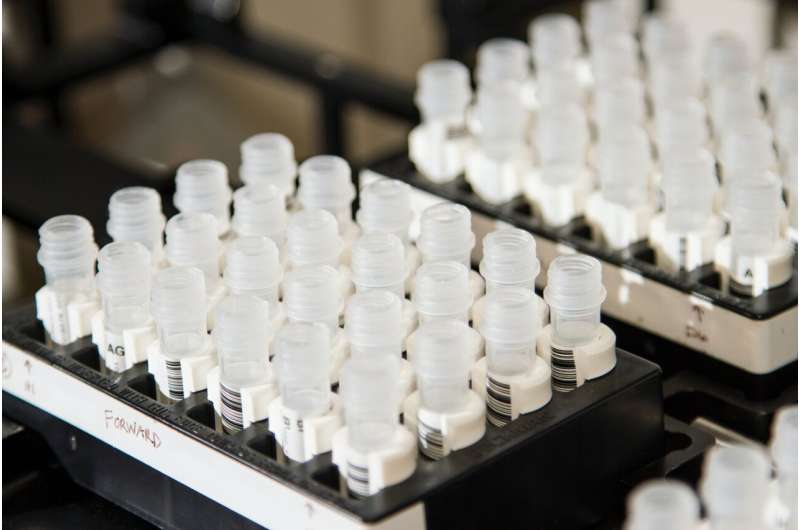
In life science research involving cells, experiments are increasingly being conducted using robots. However, the impact of experimental parameters set for robots, such as the flow rate for aspirating and dispensing liquids (pipetting speed), on cells remains unclear.
In a new study, researchers at the University of Tsukuba systematically investigated the effects of pipetting speed on yeast growth and gene expression using a liquid-handling robot.
The research is published in the journal microPublication Biology.
Researchers comprehensively investigated the effects of the pipetting speed of a liquid-handling robot on cells via two methods: growth assay and RNA sequencing. Unexpectedly, researchers found that pipetting speed did not considerably affect yeast growth or gene expression within the investigated range.
The results indicated that the fastest pipetting speed can be set without relying on thumb rules or guesswork, which is an important guideline for increasing the efficiency and reproducibility of robot-based experiments.
More information:
Shodai Taguchi et al, Investigating the effects of liquid handling robot pipetting speed on yeast growth and gene expression using growth assays and RNA-seq, microPublication Biology (2025). DOI: 10.17912/micropub.biology.001566
Provided by
University of Tsukuba
Citation:
Evaluating the effect of liquid-handling speed on yeast growth using robots (2025, July 18)
retrieved 18 July 2025
from https://phys.org/news/2025-07-effect-liquid-yeast-growth-robots.html
This document is subject to copyright. Apart from any fair dealing for the purpose of private study or research, no
part may be reproduced without the written permission. The content is provided for information purposes only.
